Life happens and sometimes we find ourselves in financial straits. You may have unexpected medical bills, car repairs, or you may lose your job right before rent is due. Here are five emergency options to get cash fast, organized by how fast you can have access to it.
Personal Overdraft Loan
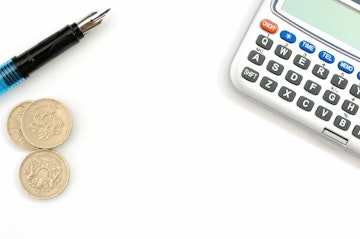
Pixelbliss/shutterstock.com
A personal overdraft loan is when a bank allows a customer to initiate a transaction even when there is not enough money in the account to cover them. This overdraft loan is usually connected to your checking account. However, this emergency option has limitations. You cannot write a check for cash, but you can use this option to purchase groceries or pay a utility bill with your debit card. This can help you put food on the table for the evening or prevent the heat or lights from being turned off.
As with any loan, there are interest rates involved. Fortunately, unlike a personal loan, where you pay interest on the entire borrowed amount, with overdraft loans, you only pay interest on the amount that is overdue. The interest rate is variable because overdraft loans are unsecured. It's a good thing that personal overdraft loan interest rates are often comparable to personal loan interest rates. Furthermore, your bank may also charge you a fee to use this service.
Credit Card Cash Advance

Khosro/shutterstock.com
A credit card cash advance is a feature of your credit card, which allows you to withdraw cash against your credit limit. You can do this at any ATM. A cash advance is essentially a short-term cash loan with hefty fees.
Unlike other loans, a credit card cash advance comes with several different charges in addition to interest rates. You will be charged the cash advance fee. This fee is imposed by your card issuer to use this service. Depending on your card issuer, the cash advance fee may be a flat rate per transaction or a percentage of the withdrawal amount. The next fee is imposed by the ATM itself. The owner of the financial institution charges you this fee to withdraw cash from your credit card from their machine. The main disadvantage of a credit card cash advance is the interest that is compounded daily. Besides the fact that the cash advance interest rate is definitely higher than your credit card's standard interest rate, there is also no grace period to repay the debt. Therefore, it is advisable to pay back the cash advance as soon as possible. Delaying by one day will cost you more in interest.
It is also worth noting that if you use the credit card cash advance option while abroad, you will likely incur additional fees. These include the foreign exchange fee and the Dynamic Currency Conversion or DCC fee. Your card issuer charges the foreign exchange fee for credit card transactions that occur outside where the card is issued. The ATM charges the DCC fee for cash withdrawals in a foreign currency. Unfortunately, it is possible to be charged both fees on the same transaction. A credit card cash advance is probably the most expensive option and should be your last resort.
Licensed Moneylenders

fizkes/shutterstock.com
A licensed moneylender is a business that is registered with the Ministry of Law (MinLaw) and is required to follow the Moneylenders Act and Rules Singapore. They function as a financial institution, similar to a bank, to lend money to those in need. Moneylenders have simple eligibility requirements and check a potential borrower's creditworthiness using data from the Moneylender Credit Bureau. This is an ideal option for someone who has less than perfect credit.
Moneylenders often have higher interest rates than a personal loan from a bank. This is because their approval process is a bit laxer as compared to a bank's approval process. They can usually approve and process a loan within a few hours.
Personal Loan from a Bank
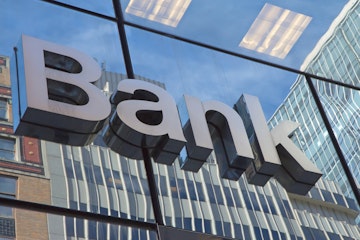
Frank11/shutterstock.com
A personal loan is a pre-determined lump sum that you borrow from a bank. As with any loan, you are expected to pay back the loan in fixed monthly installments with added interest. The process for personal loan approval is a bit more strict than other funding options. You will need to apply for the loan with all proper documentation, such as proof of identification and proof of income. The bank will look up your credit report when processing your application. Late or missed personal loan payments will negatively impact your credit score. Loan default will risk your personal assets and affect your ability for future loans.
While a personal loan gives you immediate access to funds, there is an approval process and processing time to transfer the funds into your account. In other words, it may take a few business days from the time that you apply for the loan to the time that you have access to the lump sum. This option is for those who have good to excellent credit, proper documentation, and a few days for processing and receipt of funds. Personal loans usually have the lowest interest rates on the market.
Personal Line of Credit From a Bank
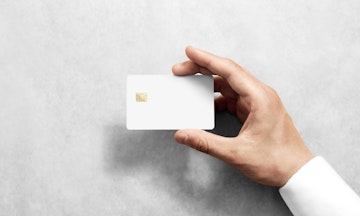
AlexandrBognat/shutterstock.com
A personal line of credit is similar to a credit card from a bank. You only withdraw the amount that you need, and then you only pay interest on the outstanding amount. Personal lines of credit are usually easier to apply for and are ideal for those who do not know precisely how much you need at the moment.
A personal line of credit typically has a slightly higher interest rate than a personal loan. However, unlike a personal loan where you pay interest on the entire loan amount, a personal line of credit is only charged interest on the amount that you use. Similar to a personal loan, you will need to apply for this line of credit and wait a few days for the bank to approve and process your application. However, once you are approved, you will receive an ATM debit card and can withdraw money from any ATM when you need it. Unfortunately, you may be charged an annual fee, whether or not you use this service. You usually have the option to keep the account ongoing or have an account with a fixed term, generally up to five years.
Final Thoughts
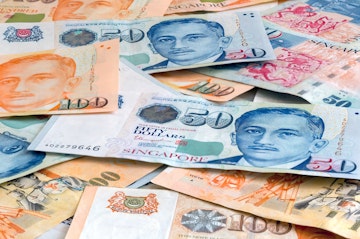
JPL Designs/shutterstock.com
While paying interest on borrowed money is less than ideal, it may be necessary to hold you over. Always choose the option that has the lowest interest rate, but you may also need to weigh the commitment. For example, a personal loan from a bank may have a loan tenure of one year, whereas a personal overdraft loan may be just what you need to hold you over until your next paycheck. We hope you can get back on your financial feet soon. Until then, these are five emergency options if you need to get cash fast.

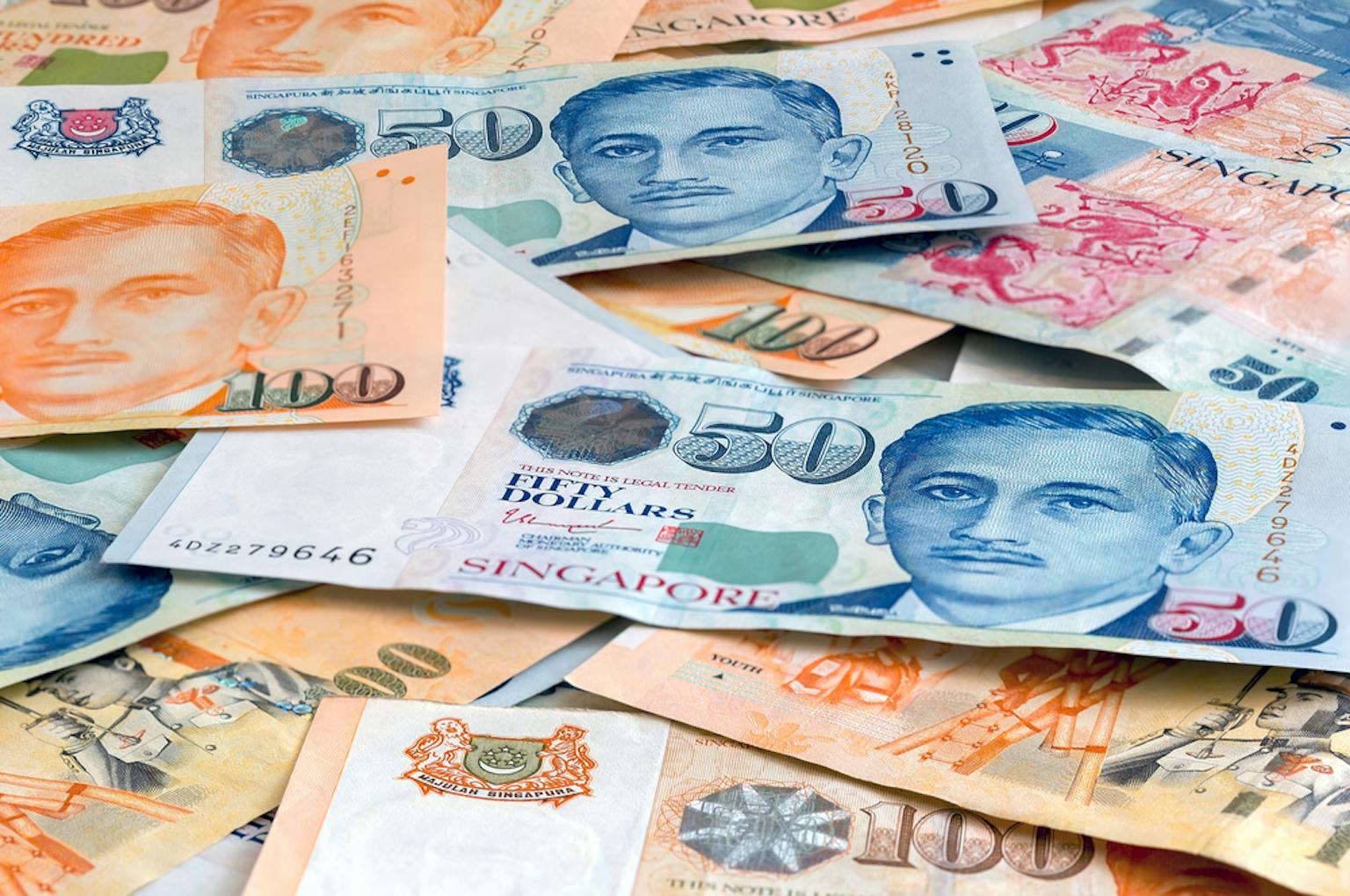

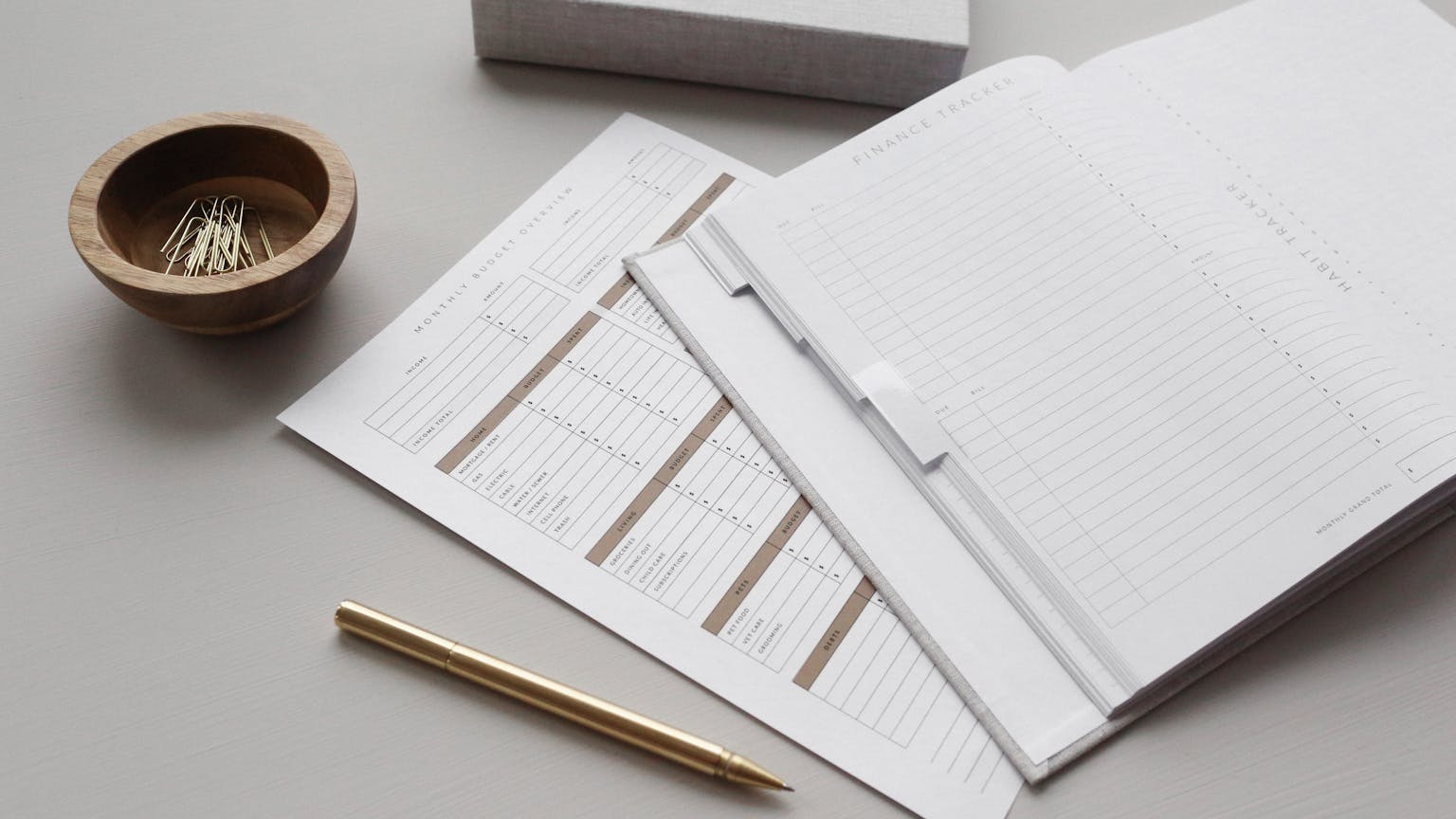

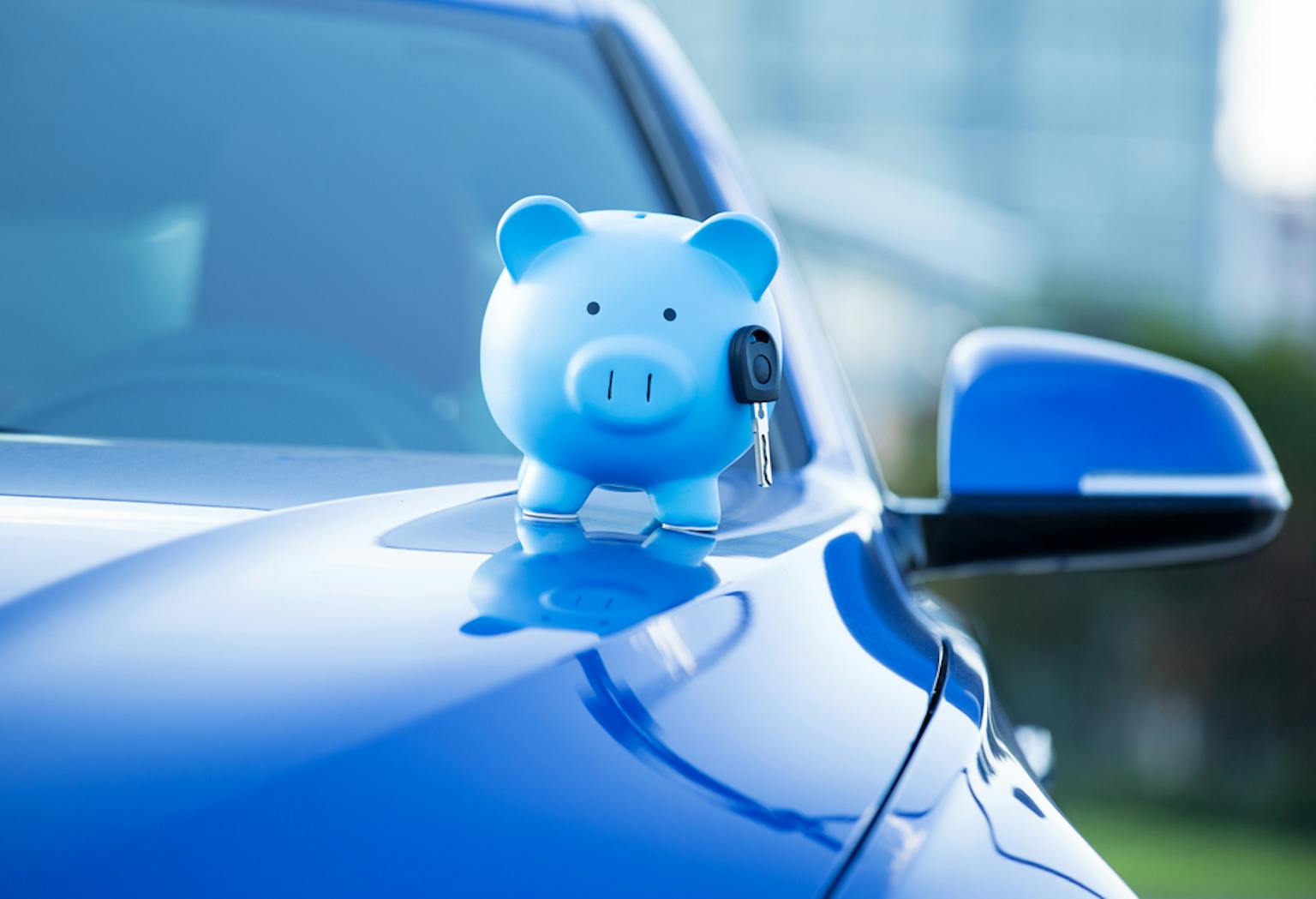

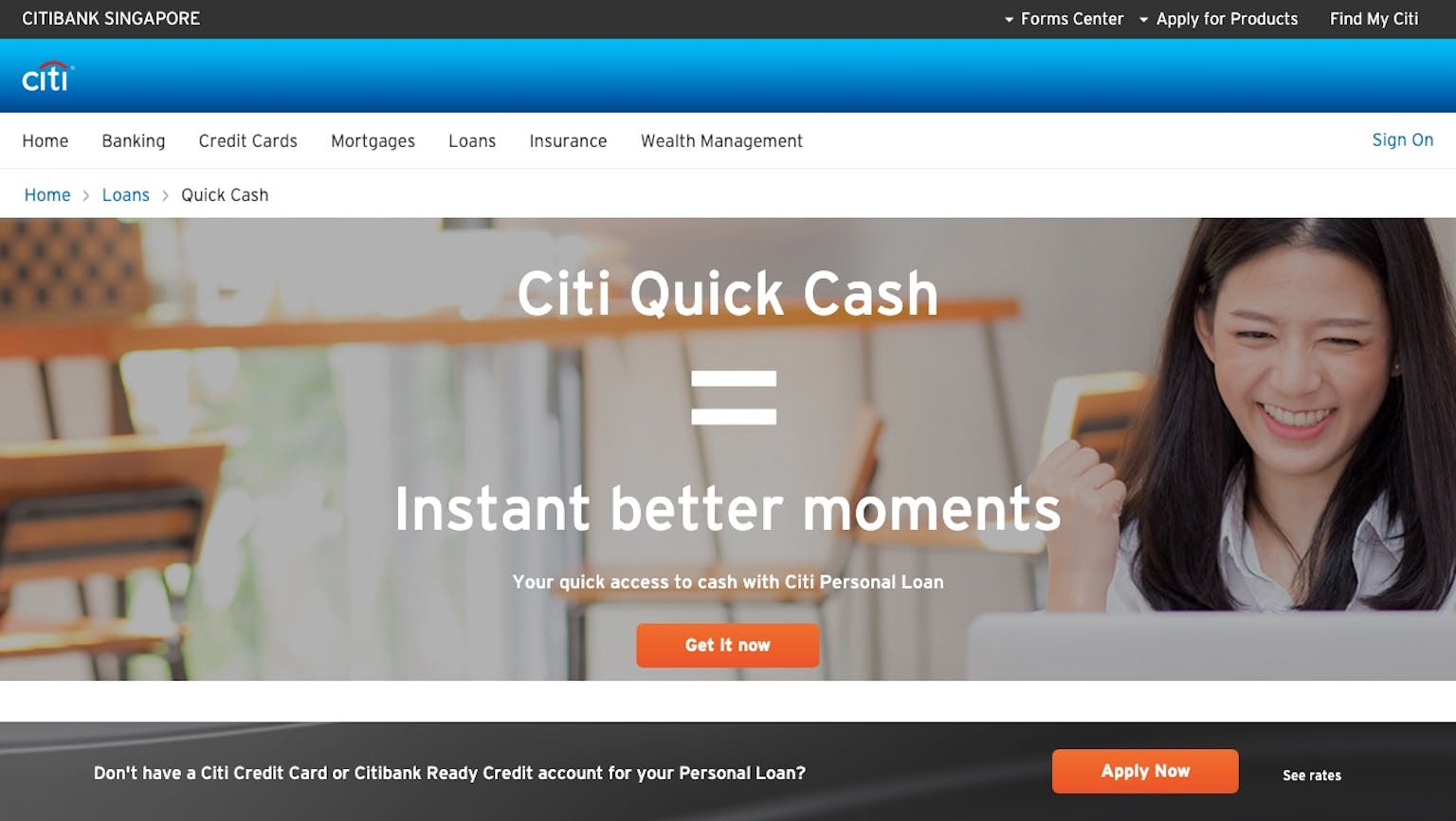
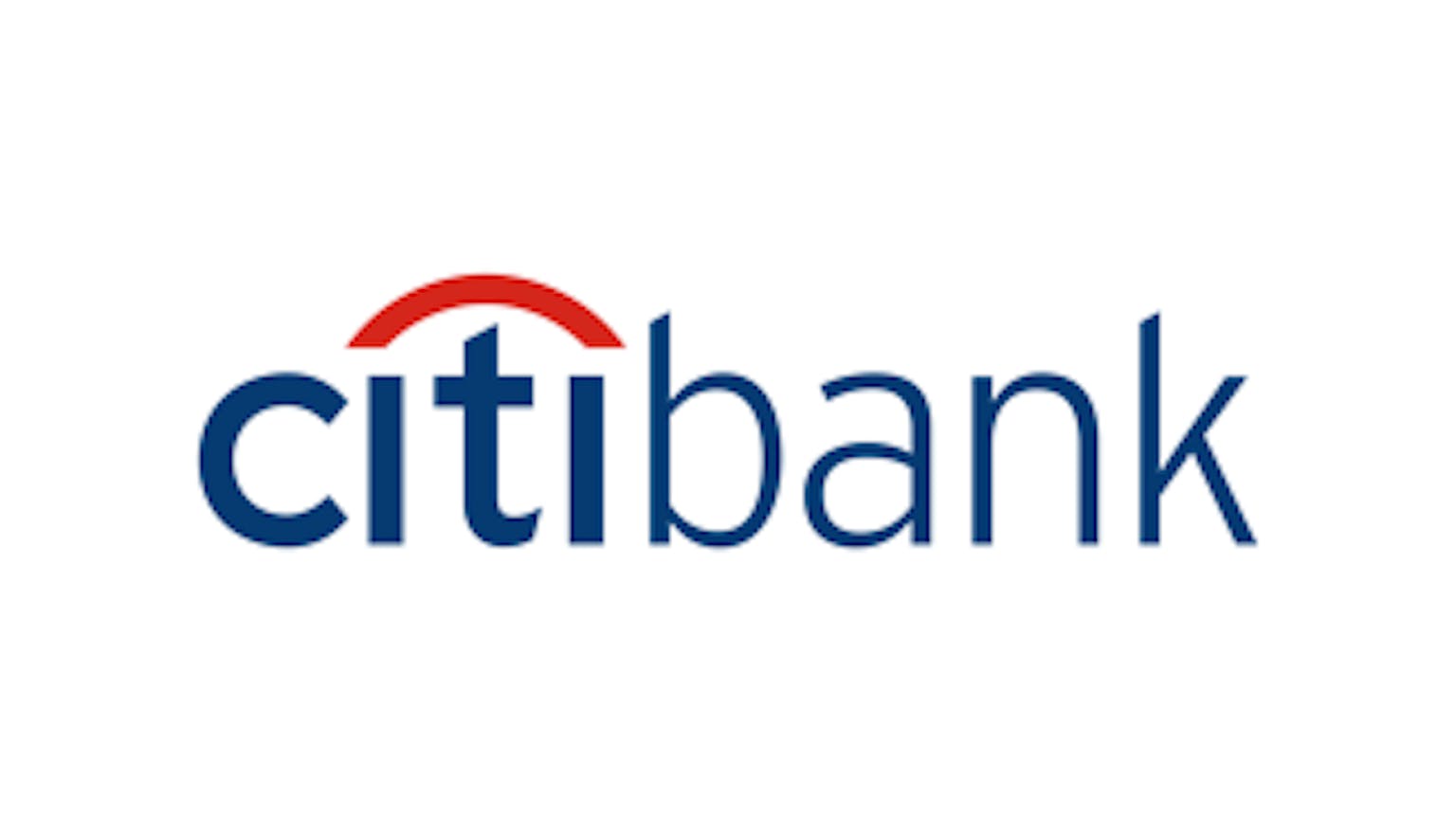
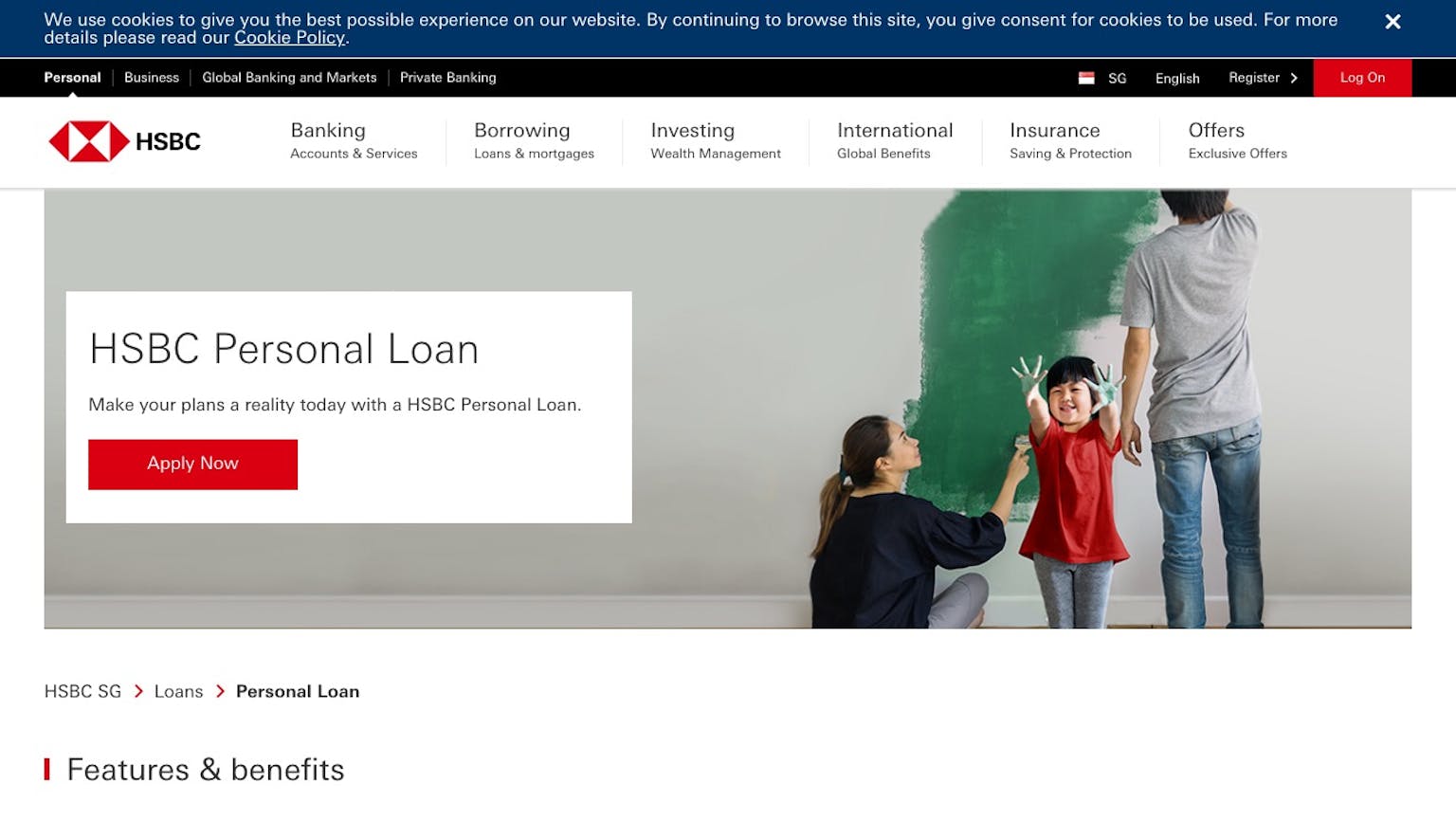
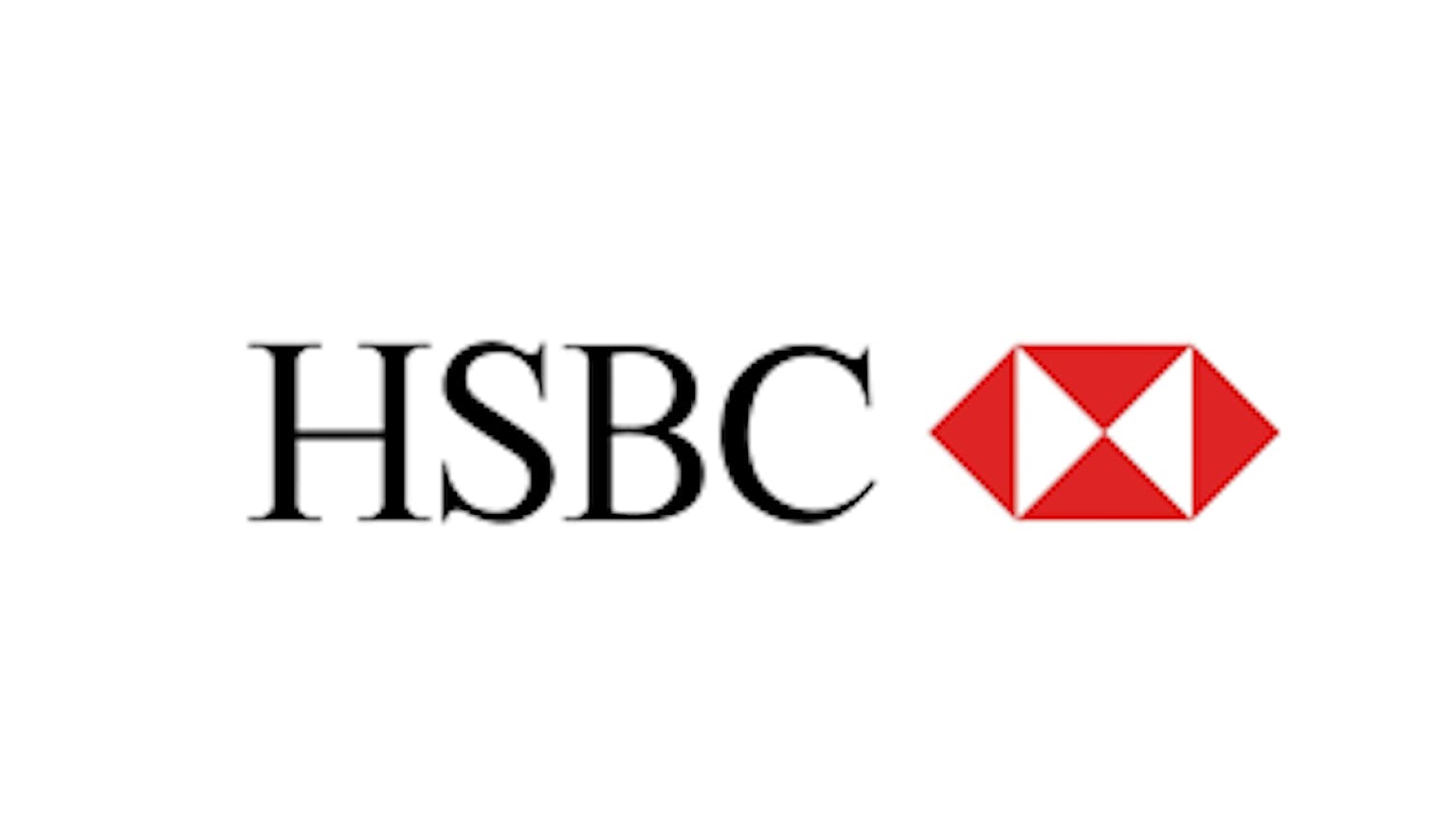
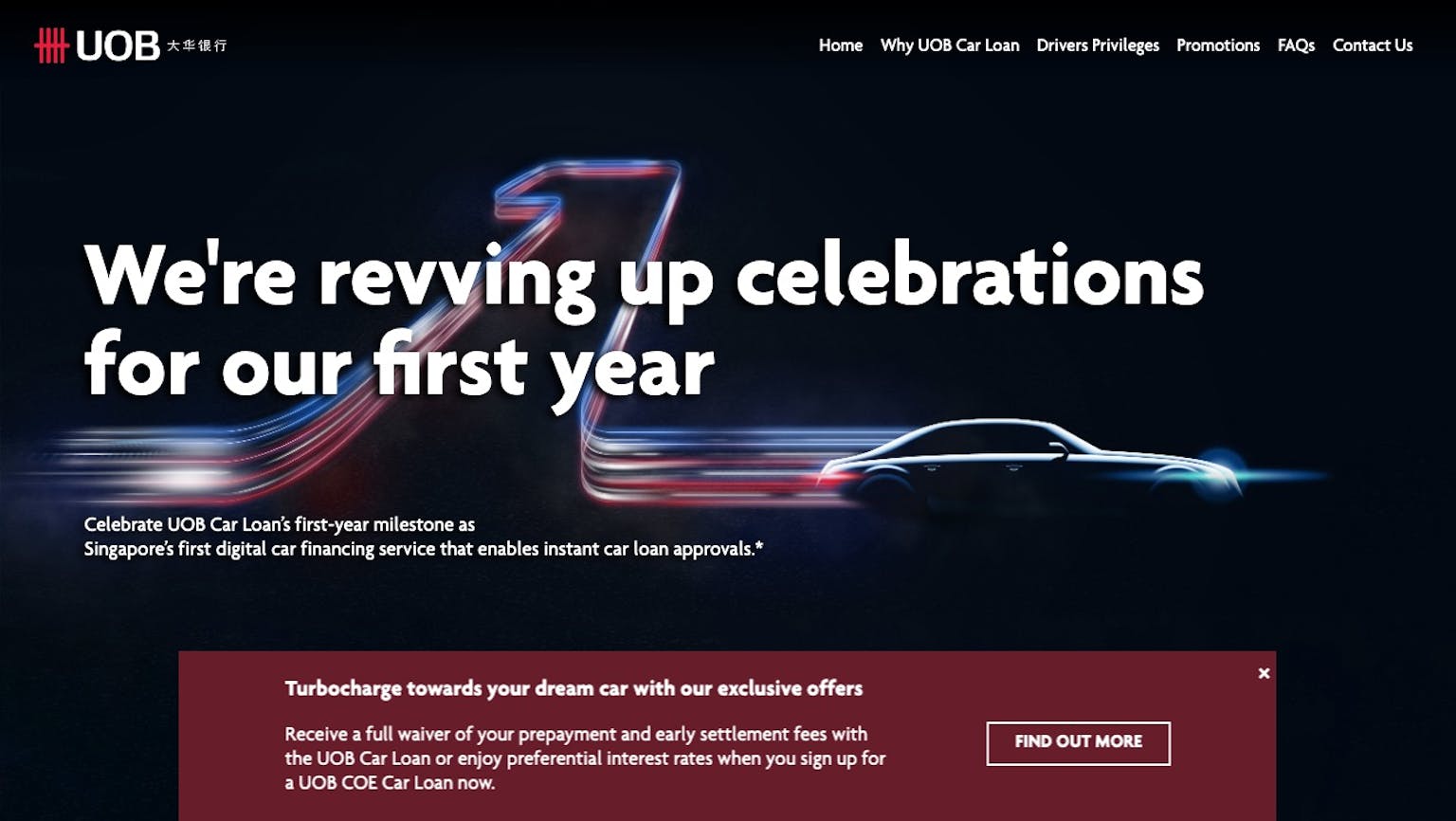
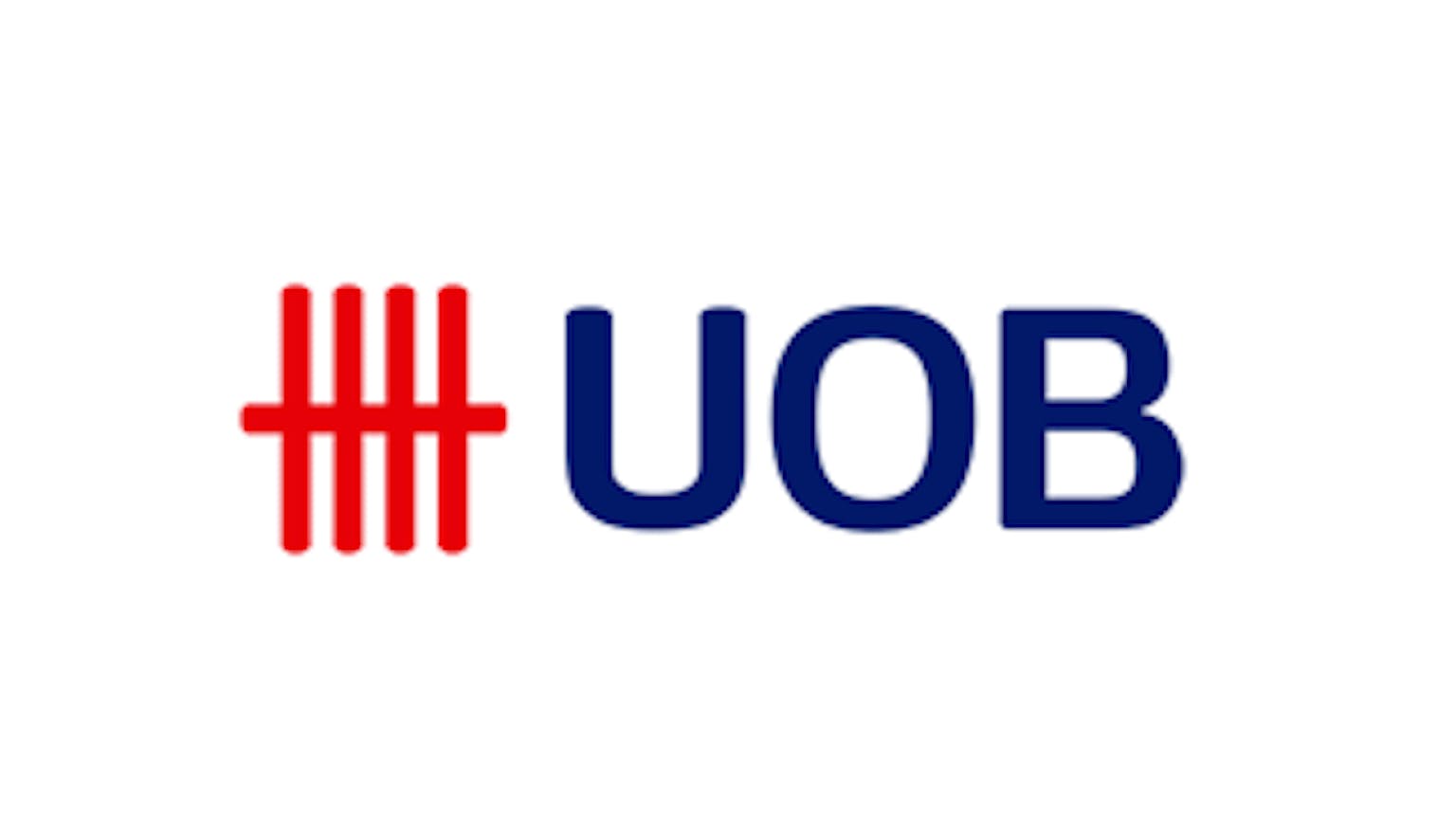
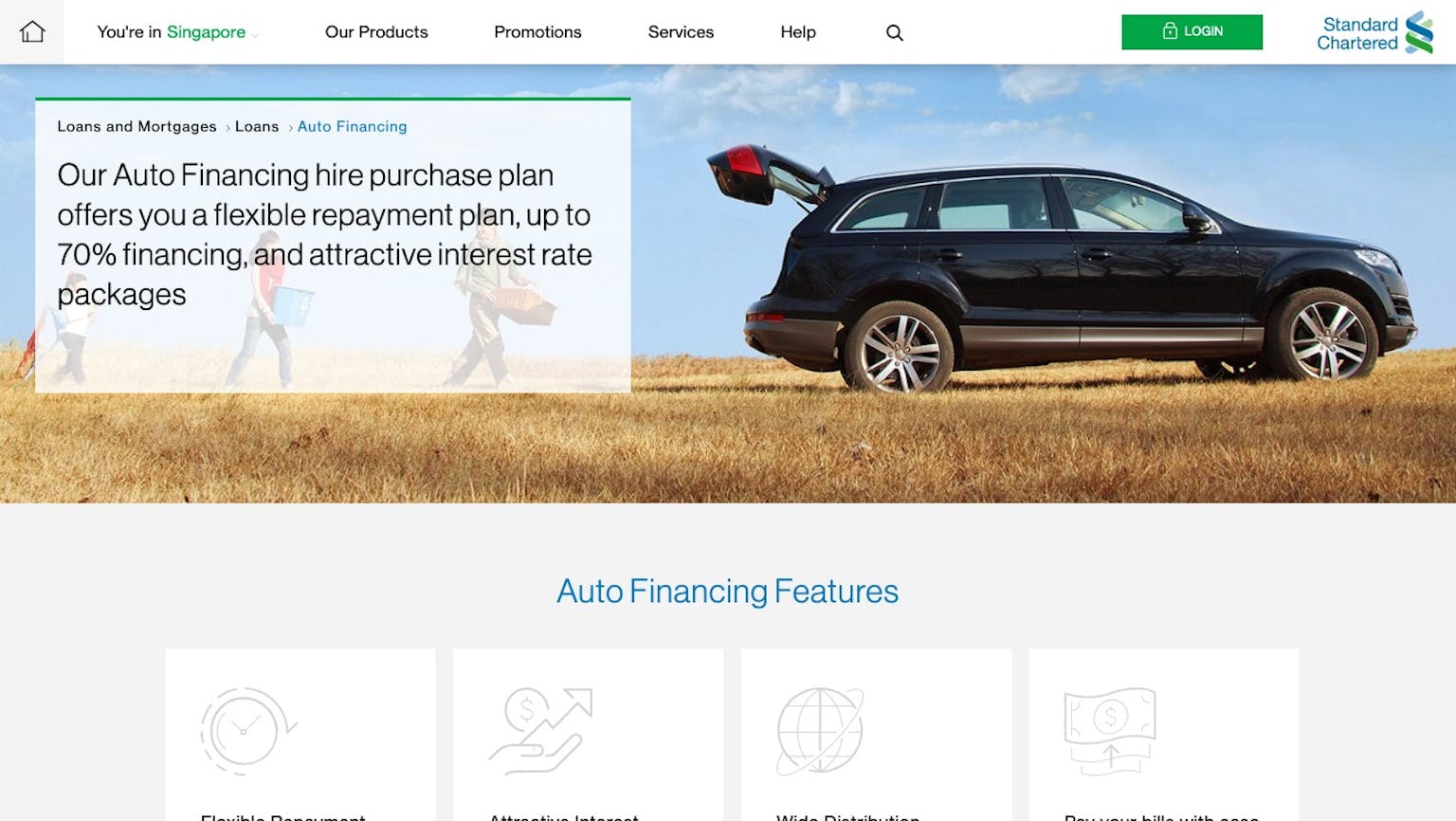
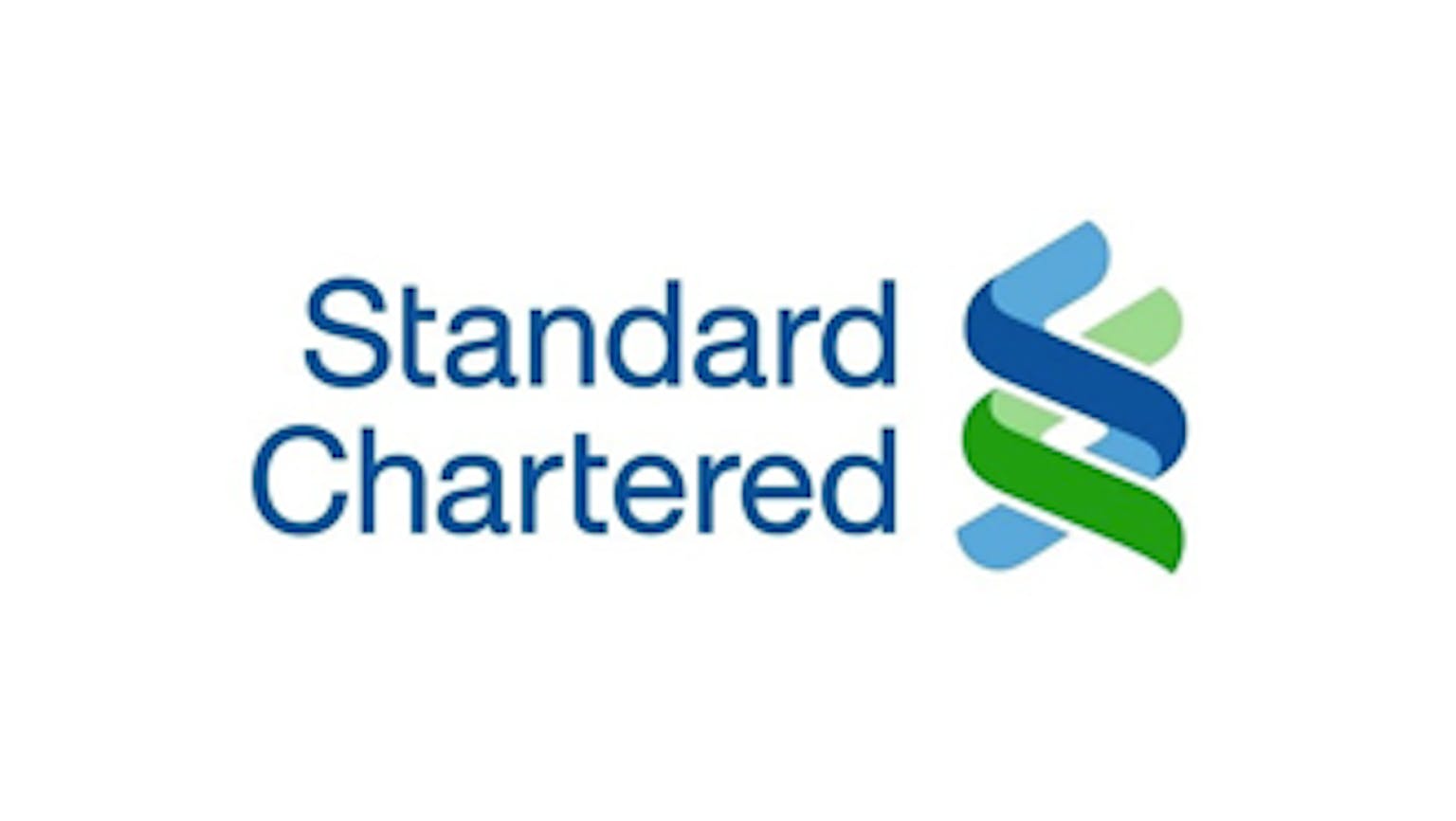
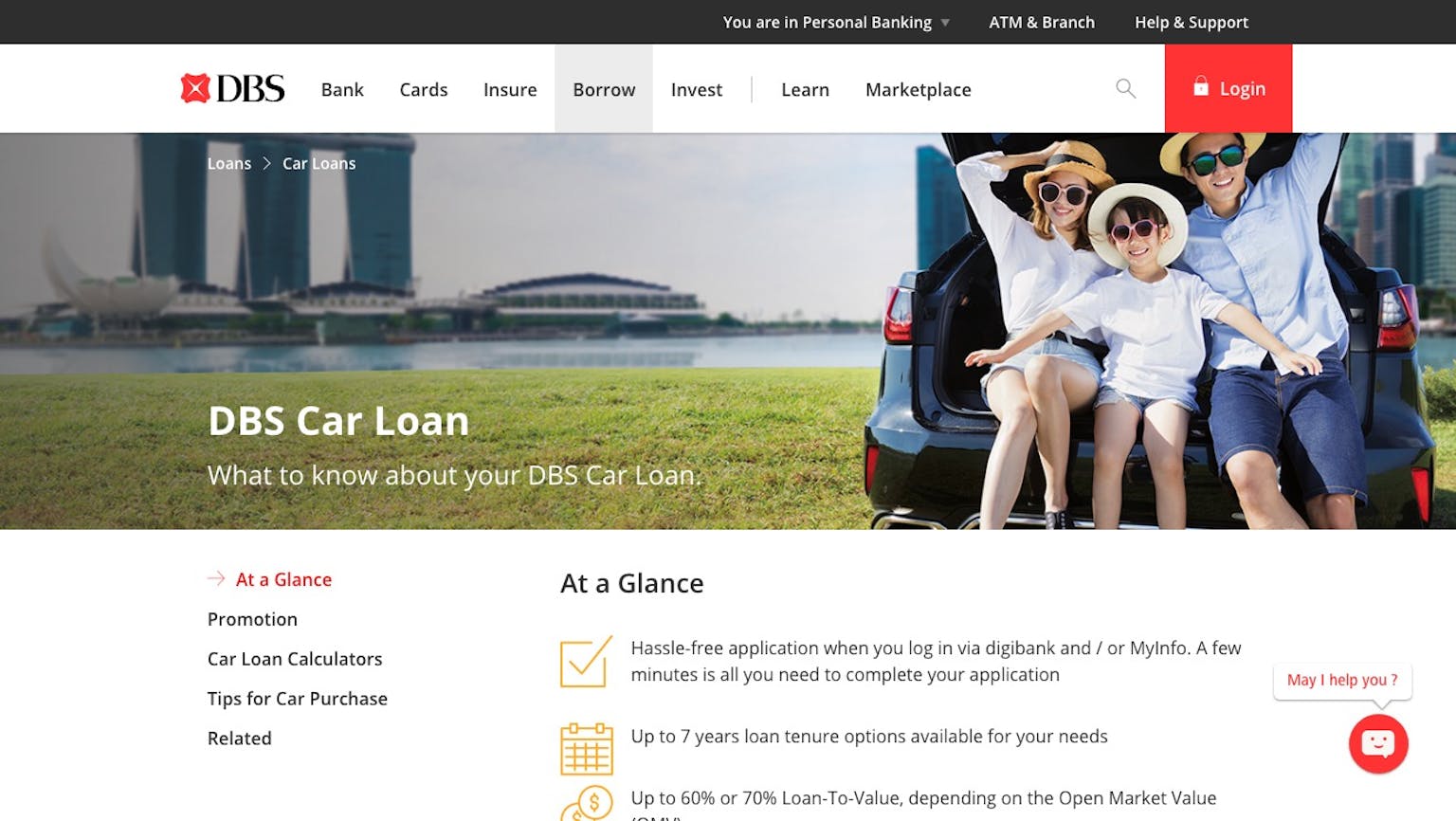
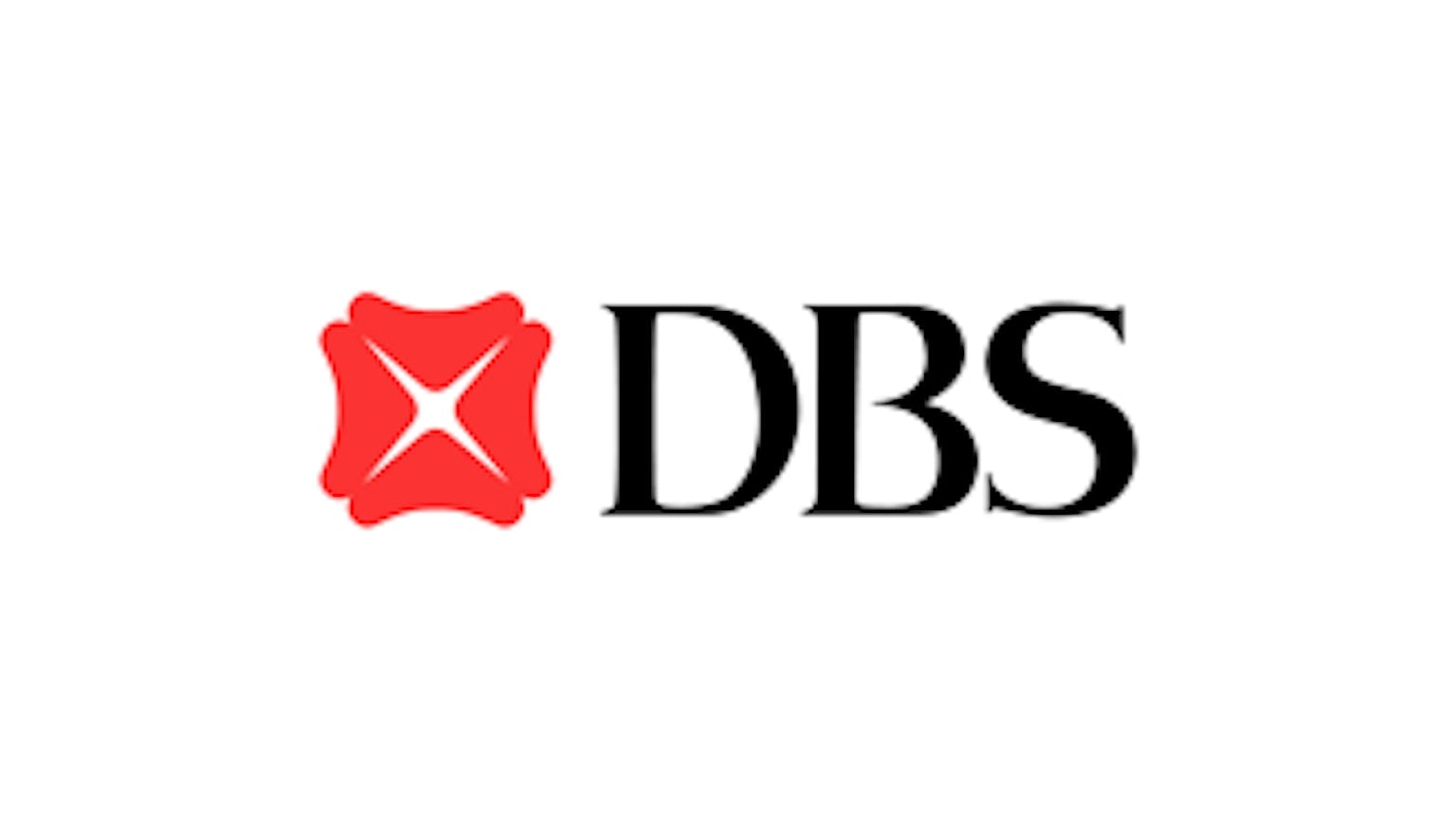
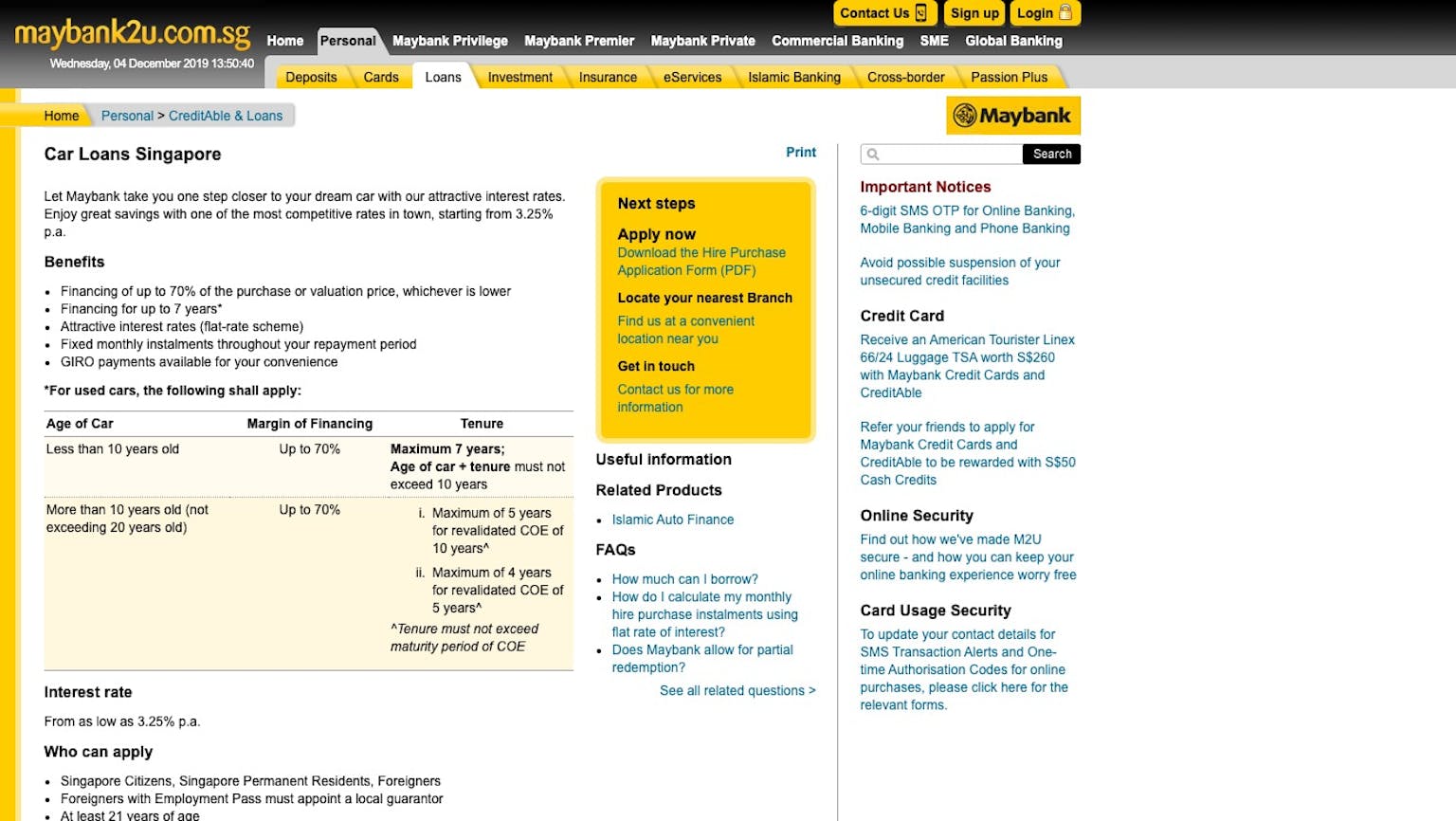
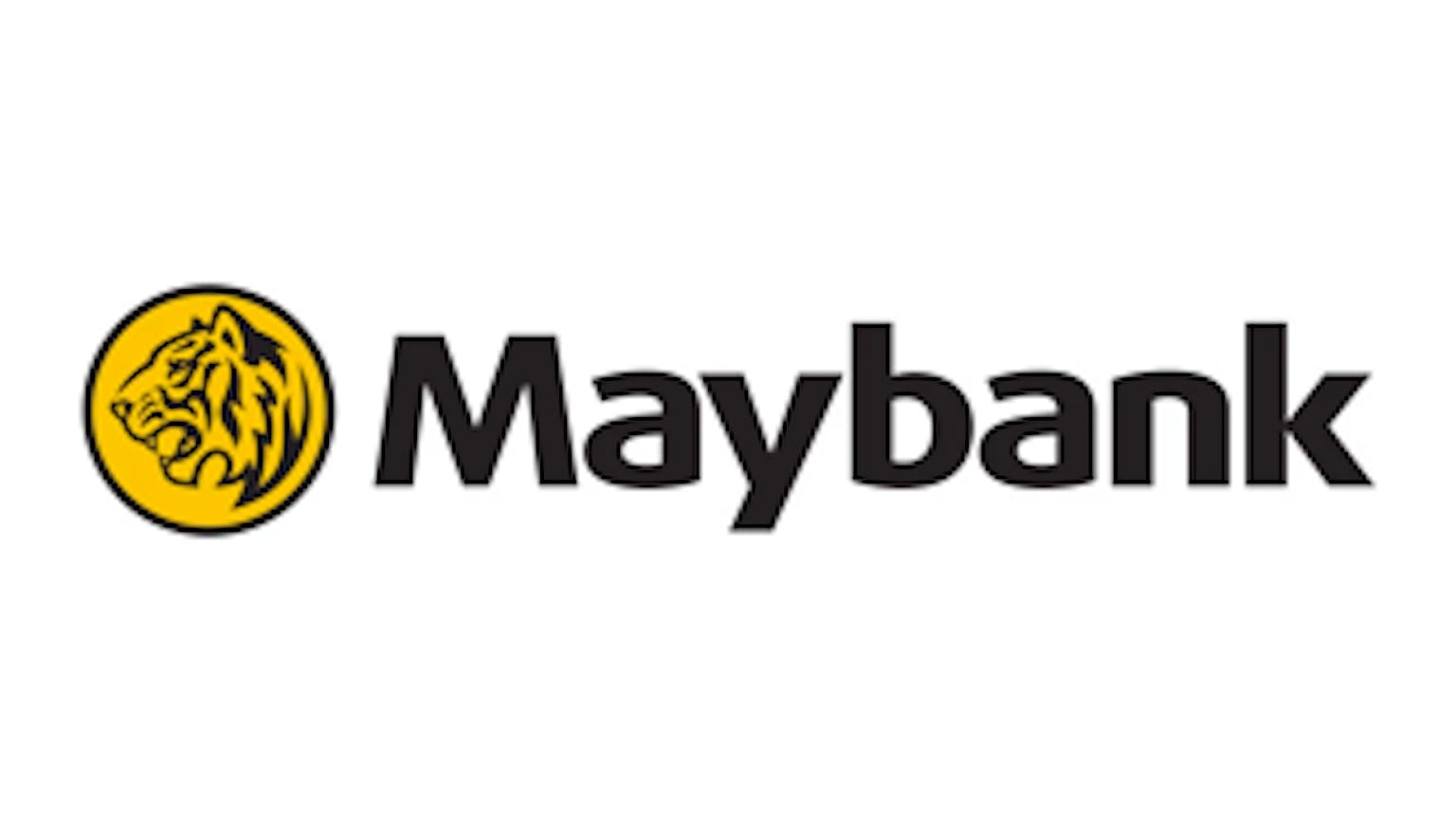

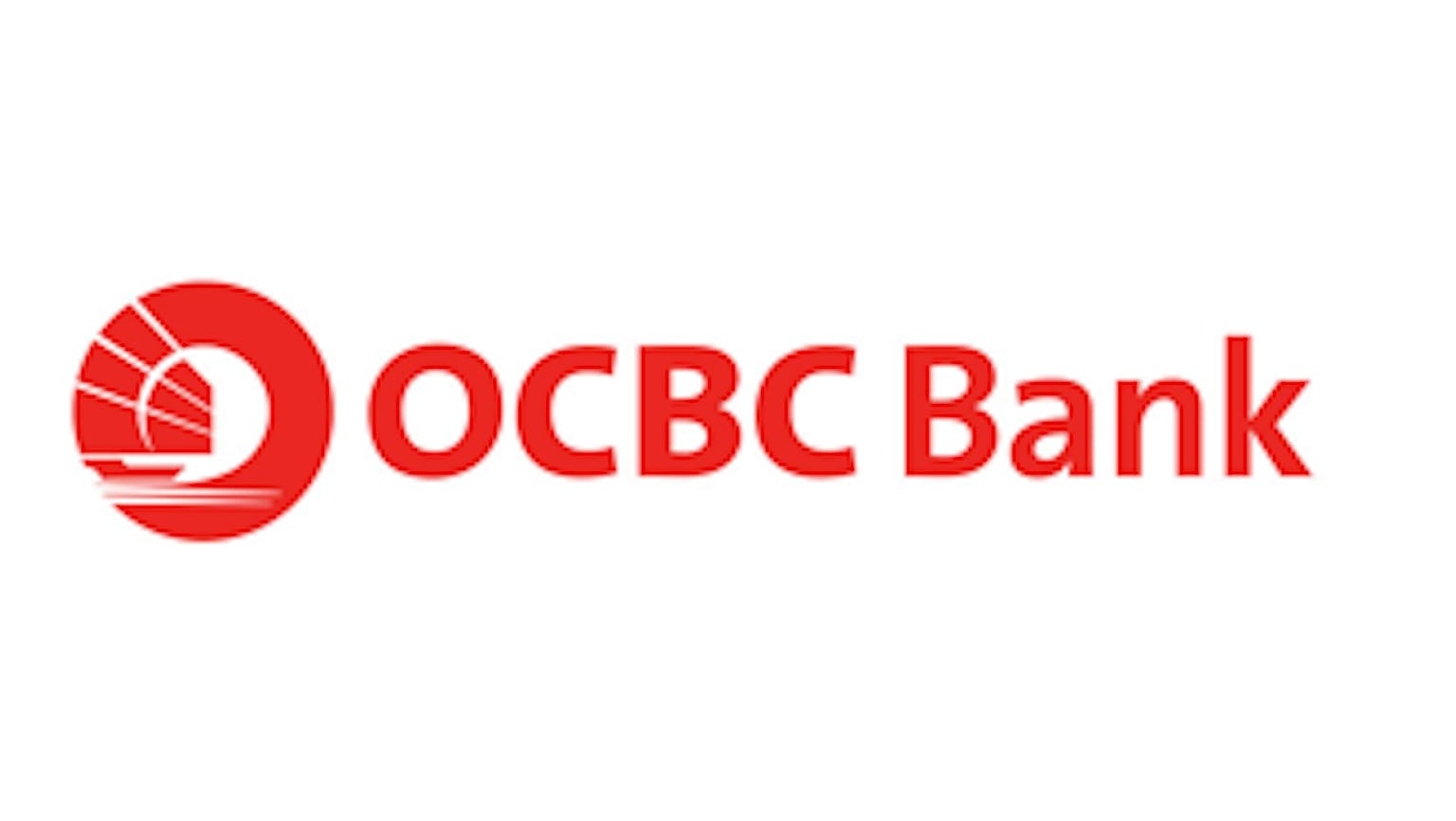
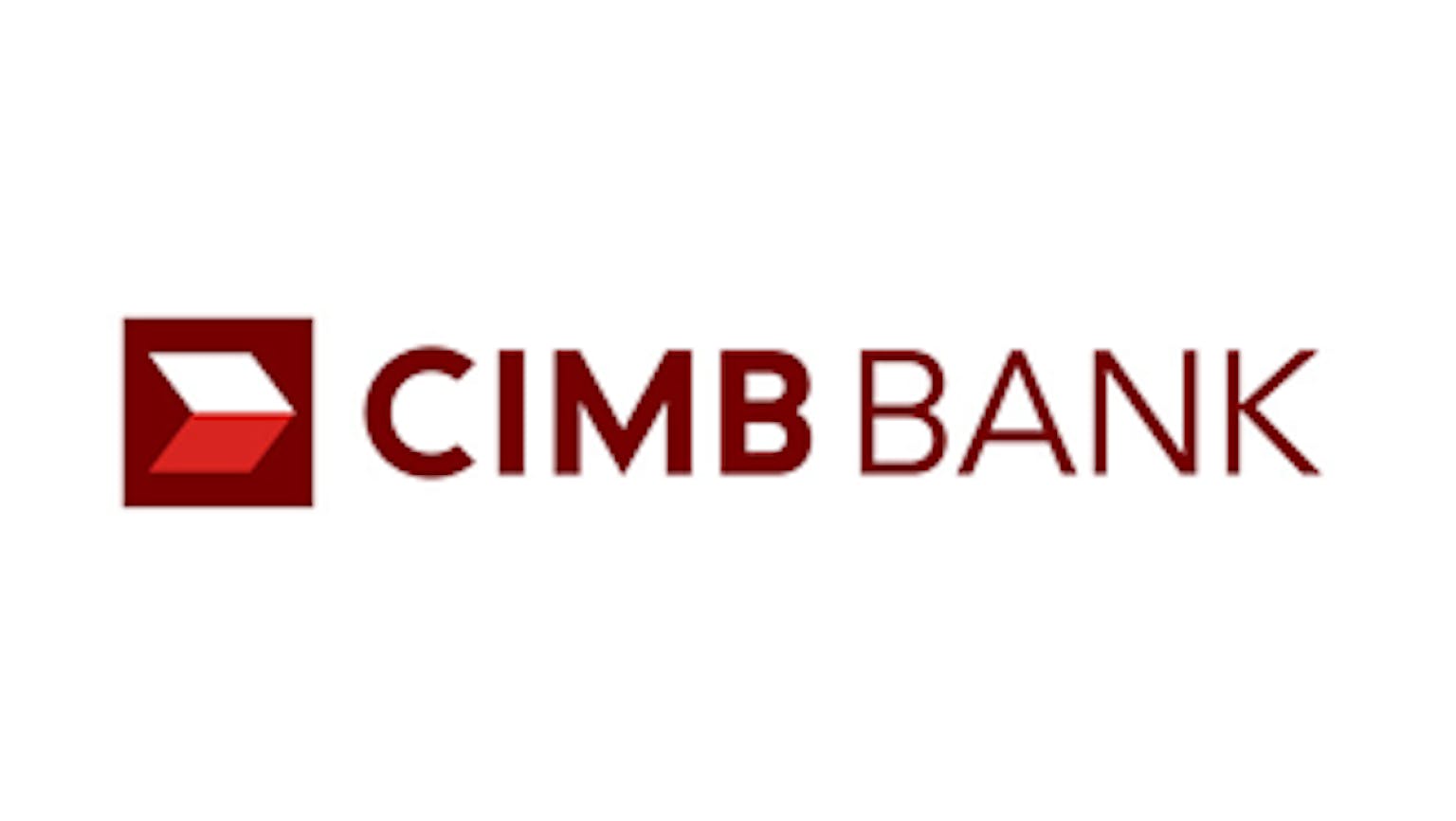

Please leave your knowledge and opinion!